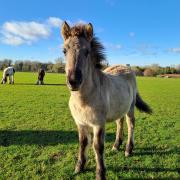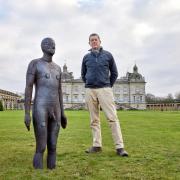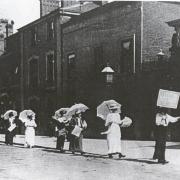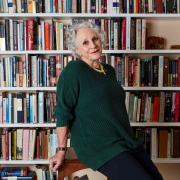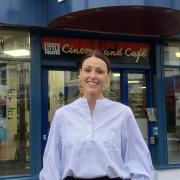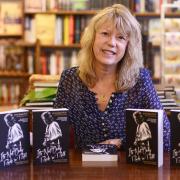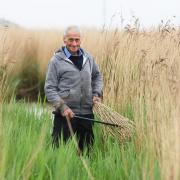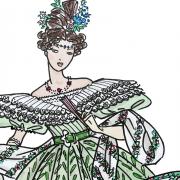From City to County column: We know we live in a county rich in history, but says James, how many of us really understand the true meaning of the names given to the places we know and love?

“I’d say we have a relatively friendly rivalry with the South Folk.” A long-term friend and I were catching up in the pub and, as usual, it hadn’t been long before our chat had turned to football, reflecting on the sometimes-fraught relationship between the Canaries and Ipswich Town.
“The who?” asked my friend.
“Ipswich Town,” I replied.
“No, you said the South Folk.”
“Yes, Suffolk. The South Folk”. In the same way we’re Norfolk, the North Folk.” His face contorted as he processed this revelation.
“Well, I never knew that.”
I’m no history buff, but I do have some interest in why places are called what they are, especially the area I’m from. I was shocked that my friend hadn’t known that little nugget of local etymology.
“In your 35 years in this county have you never considered why it’s called Norfolk?”
“Well…no, not really.”
“Well, while we’re at it, we’re in East Anglia, previous home of the East Angles.”
“Aye?”
“As in the East of Anglo-Saxon Britain.” I could tell this was going to take some explaining and I’d stretched my rudimentary knowledge of the etymology of our local place names as far as I could. Cue Google.
“Ahem. The Anglo-Saxons - a mix of tribes from Germany, Denmark and the Netherlands – began settling in England in the fifth century, with Anglo-Saxon England, or ‘Angle-land’ eventually comprising of seven kingdoms, including modern day East Anglia.”
“So, Norwich must be North-something?” My friend returned from the bar looking rather proud of himself, having applied the logic from his recent epiphany. And luckily for him I knew this one too.
“Yeah, ‘wich’ means town or settlement, so Norwich literally means the North Settlement.” I was impressed by the clarity of memory I had after a couple of pints of ale.
We’d clearly started something. And as we moved our two-man pub crawl through Norwich we couldn’t help but notice the meaningful and evocative names of the streets we traversed, from Pottergate to Fishergate on the edge of the Wensum, to the area we finished our night, Tombland, meaning ‘unoccupied ground’ (rather than something more sinister).
At the end of the night we pushed open the door of the Edith Cavell pub to make our way home. “And please tell me you know who Edith Cavell was,” I said.




